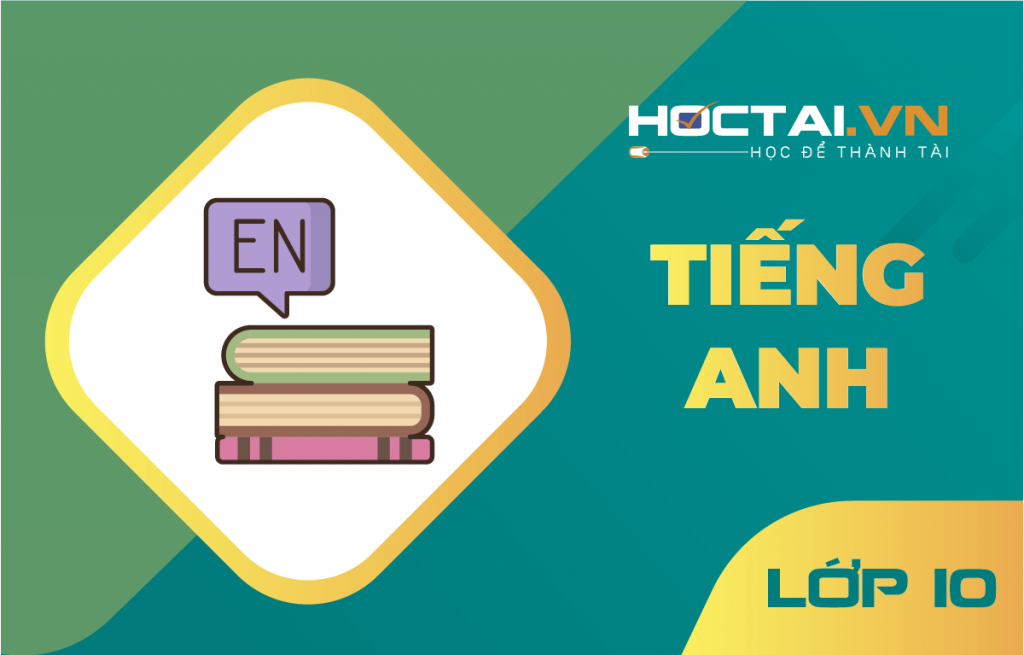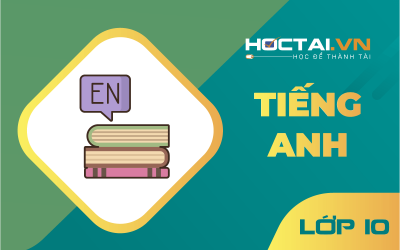Phát âm – Pronunciation – 25 chuyên đề ngữ pháp tiếng anh lớp 12
Phát âm – Pronunciation – 25 chuyên đề ngữ pháp tiếng anh lớp 12 – có đáp án, tài liệu này dưới dạng file Word được tải về miễn phí. Thầy/Cô và các em theo dõi chuyên đề qua đường link bên dưới
Link tải File nằm phía cuối bài viết:
CHUYÊN ĐỀ 20
PHÁT ÂM – PRONUNCIATION
- LÍ THUYẾT
Câu tường thuật là loại câu thuật lại lời nói của người khác dưới dạng gián tiếp.
- Một số thay đổi cơ bản khi tường thuật
Khi chuyển từ câu nói trực tiếp sang câu nói gián tiếp có những thay đổi sau:
- Các đại từ
|
Các đại từ |
Trực tiếp |
Gián tiếp |
|
Subject pronouns |
I |
he/ she |
|
You |
I/ We/ They |
|
|
We |
We/ They |
|
|
Object pronouns |
me |
him/ her |
|
you |
me/ us/ them |
|
|
us |
us/ them |
|
|
Possessive adjectives |
my |
his/ her |
|
your |
my/ our/ their |
|
|
our |
our/ their |
|
|
Possessive pronouns |
mine |
his/ hers |
|
yours |
mine/ ours/ theirs |
|
|
ours |
ours/ theirs |
|
|
Demonstratives |
this |
that |
|
these |
those |
- Trạng từ chỉ thời gian
|
Trực tiếp |
Gián tiếp |
|
Today |
that day |
|
Tonight |
that night |
|
Tomorrow |
the next day/ the following day |
|
Tomorrow morning |
the next morning |
|
Yesterday |
the day before/ the previous day |
|
Ago |
before |
|
Now |
then |
|
Next (Tuesday) |
the next/ following Tuesday |
|
Last (Tuesday) |
the previous Tuesday/ the Tuesday before |
|
The day after tomorrow |
in two days’ time/ two days later |
|
The day before yesterday |
two days before |
|
Here |
there |
- Thì của động từ
|
Tên thì |
Trực tiếp |
Gián tiếp |
|
Hiện tại đơn |
– V(bare)/V(s,es) He said: “I live in a big city.” – am/is/are She said: “I am at home.” |
– Ved/ V (cột 2) He said (that) he lived in a big city. – Was/were She said (that) she was at home. |
|
Quá khứ đơn |
– Ved/V (cột 2) Peter said: “I did it by myself.” – Was/were Mary said: “I was in the park last Sunday.” |
– Had + VPII Peter said (that) he had done it by himself. – Had been Mary said (that) she had been in the park the Sunday before. |
|
Hiện tại tiếp diễn |
Am/is/are + V-ing She said: “we are learning now.” |
Was/were + V-ing She said (that) she was learning then. |
|
Quá khứ tiếp diễn |
Was/were + V-ing He said: “I was sleeping then.” |
Had + been + V-ing He said (that) he had been sleeping then |
|
Hiện tại hoàn thành |
Have/has + Vp2 He said: “Someone has stolen my bag.” |
Had + Vp2 He said fthati someone had stolen his bag |
|
Hiện tại hoàn thành tiếp diễn |
Have/has + been + Ving She said: “I have been waiting for you for 3 hours.” |
Had + been + Ving She said (that) she had been waiting for me for 3 hours. |
|
Tương lai đơn |
Will/shall + V(bare) Lan said: “I will call you tonight.” |
Would + V(bare) Lan said fthatf) she would call me that night. |
|
Tương lai gần |
Am/is/are + going to + V Huong said: “we are going to have a party next weekend.” |
Was/were + going to + V Huong said (that) they were going to have a party the next weekend.” |
|
Động từ khuyết thiếu |
Can He said: “I can’t come on time.” |
Could He said (that) he couldn’t come on time. |
|
– Must/have to (sự bắt buộc) She said: “I must take care of my little brother.” – Must (sự suy diễn) He said: “You must be tired now.” – Must (đưa ra lời khuyên) My father said: “This exam is very important. You must prepare for it well.”
– Mustn’t (sự cấm đoán) She said: “You mustn’t make noise here.” |
– Had to She said (that) she had to take care of her little brother. – Must He said (that) I must be tired then. – Must My father said (that) that exam was very important and I must prepare for it well. – Mustn’t She said (that) I mustn’t make noise there. |
|
|
May My teacher said: “You may use dictionaries for this test.” |
Might My teacher said (that) we might use dictionaries for that test. |
|
|
Need He said: “I need do it now.” |
Needed/had to He said (that) he needed/had to do it then. |
|
|
– Needn’t (dùng ờ hiện tại) She said: “We needn’t set off early.”
– Needn’t (dùng ở tương lai) He said: “You needn’t come here tomorrow.” |
– Needn’t/didn’t have to She said (that) they needn’t/didn’t have to set off early. – Wouldn’t have to He said (that) I wouldn’t have to come here the next day. |
- Không thay đổi thì động từ
- Khi động từ tường thuật ở thì hiện tại hoặc tương lai
Ví dụ:
He says: “I have just finished my work.”
He says (that) he has just finished his work.
- Khi động từ tường thuật ở thì quá khứ, cũng không có thay đổi thì động từ trong những trường hợp sau
- Tường thuật một sự thật hiển nhiên, một chân lí
Ví dụ:
The little boy said: “Mother’s mother is grandmother.”
The little boy said mother’s mother is grandmother.
- Khi động từ trong câu trực tiếp có các thì: quá khứ tiếp diễn kết hợp với quá khứ đơn, quá khứ đơn với quá khứ hoàn thành, quá khứ đơn (đi kèm thời gian cụ thể)
Ví dụ:
He said: “I was doing my homework when my mother came in.”
He said (that) he was doing his homework when his mother came in.
He said: “I was born in 2000.”
He said (that) he was born in 2000.
- Khi động từ trong câu trực tiếp có: used to, should, would, could, might, ought to, had better, would rather
Ví dụ:
Peter said: “We used to go fishing in the afternoon.”
Peter said (that) they used to go fishing in the afternoon.
- Khi tường thuật mệnh đề ước muốn với “wish” và “if only”
Ví dụ:
He said: “I wish I were taller.”
He said (that) he wished he were taller.
- Câu điều kiện loại 2, 3
Ví dụ:
He said: “If I were you, I would apologize to Linda.”
He said (that) if he were me, he would apologize to Linda.
- Cấu trúc: “It’s (high/about) time…”
Ví dụ:
My mother said: “It is high time you washed the dishes.”
My mother said (that) it was high time I washed the dishes.
III. Các loại câu tường thuật
- Câu tường thuật ở dạng câu kể
Công thức: S + say(s)/said + (that) + S + V
Lưu ý: say(s) /said to sb tell(s)/told sb
Ví dụ:
He said to me: “You are my best friend.”
He told me (that) I was his best friend.
- Câu tường thuật ở dạng câu hỏi
- Câu hỏi YES-NO
Công thức: S + asked/wanted to know/wondered if/whether + S + V
Ví dụ:
“Did you go with your mother yesterday?” asked he.
He asked me if/whether I had gone with my mother the day before.
- Câu hỏi có từ để hỏi
Công thức: S + asked (+O)/wanted to know/wondered + Wh-words/how + S + V
Ví dụ:
The teacher asked: “Why didn’t you go to class last Friday?”
The teacher asked me why I hadn’t gone to class the Friday before.
- Câu tường thuật với động từ theo sau bằng động từ nguyên thể
– tell/ask sb + to V: bảo/yêu cầu ai làm gì
– advise sb + to V: khuyên ai làm gì
– promise + to V: hứa làm gì
– threaten + to V: đe doạ làm gì
– warn + sb + not to V: cảnh báo không nên làm gì
– invite sb + to V: mời ai làm gì
– remind + sb + to V: nhắc nhở ai làm gì
– encourage sb + to V: khuyến khích ai làm gì
– offer + to V: đề nghị làm gì
– agree + to V: đồng ý làm gì
- Câu tường thuật với động từ theo sau bằng danh động từ
– accuse sb of + V-ing: buộc tội ai vì làm gì
– admit + V-ing: thừa nhận làm gì
– deny + V-ing: phủ nhận làm gì
– apologize (to sb) for + V-ing: xin lỗi ai vì làm gì
– blame sb for + V-ing: đổ lỗi cho ai vì làm gì
– complain (to sb) about + V-ing: phàn nàn về điều gì
– confess to V-ing: thú nhận làm gì
– congratulate sb on + V-ing: chúc mừng vì làm gì
– criticize sb for V-ing: chỉ trích vì làm gì
– insist on + V-ing: khăng khăng làm gì
– object to + V-ing: phản đối làm gì
– suggest + V-ing: gợi ý/đề nghị làm gì
– thank sb for + V-ing: cảm ơn ai vì làm gì
– warn sb against + V-ing: cảnh báo ai không nên làm gì
Link tải File:





















